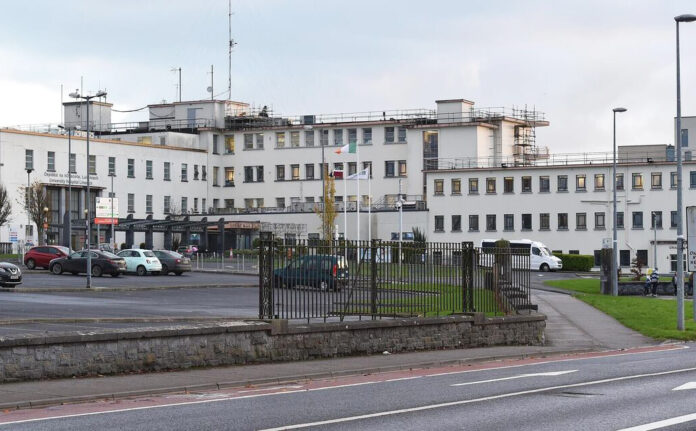
THIS PAST World Lymphoedema Day, March 6, the Irish Cancer Society announced that its pilot project, which aims to detect and prevent lymphoedema, is hugely improving patients’ quality of life.
The three-year pilot project on early lymphoedema detection, undertaken at University Hospital Limerick (UHL), is the only one of its kind in an acute hospital outside of Dublin.
Lymphoedema, a chronic long-term condition caused by swelling in body tissue, is closely associated with cancer, being most common in people recovering from cancer-related surgery, radiotherapy, chemotherapy, and endocrine therapies.
These treatments can lead to a build-up of lymph fluid which causes pain, skin changes, and reduced function, which can be very distressing and adversely affect quality of life.
The establishment of the service at UHL has seen all breast and gynaecological cancer patients, who are receiving treatment and are deemed high risk for lymphoedema, referred to senior physiotherapists Sinead Cobbe and Kathy Nugent. Each patient has their lymphoedema index score measured before and at regular intervals during their treatment for up to two years.
Early evidence in Limerick shows that patients have significantly reduced their risk of developing lymphoedema.
Incidence of clinical lymphoedema in patients attending the UHL service, at 1.5 per cent, is drastically lower than international figures which come on at between 21 and 30 per cent internationally.
Of 294 breast patients seen in the first 19 months of the project, 43 showed early signs of lymphoedema. Of these, 30 resolved with treatment with 13 continuing to undergo treatment to reverse or reduce the swelling.


